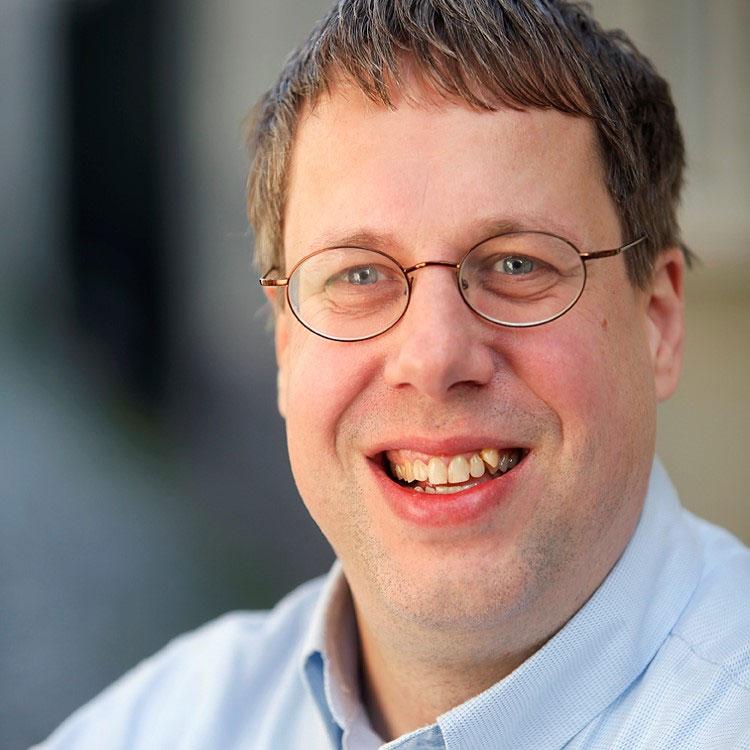For example, HAS University of Applied Sciences from ‘s-Hertogenbosch opened a new branch in Venlo in 2013, with courses in Business Administration, Business Management, Food Innovation and Applied Biology. “It’s particularly these last which have bio-based and recycled agriculture in their programme,” points out Director Frans van Leijden. “The first HAS Venlo research group launched in May. Lecturer Judith van de Mortel wants to contribute to the training of a young generation with the right knowledge on sustainable soil management and, by extension, circular agriculture.” The research group is supported financially by the Province of North-Brabant, the Limburg Water Board and the Limburg Agricultural and Horticultural Association (LLTB).
Growing interest
HAS also has a minor in Bio-based Economy, part of the Environmental Sciences programme, while it is garnering growing interest among students from other programmes, such as horticulture, arable farming or food technology. “In this minor, third-year students work full-time for 10 weeks on subjects related to the bio-based economy, focusing on the agro and food sector,” explains Rob Bakker, lecturer and one of the minor’s coordinators. “We don’t develop biopolymers or chemicals, but consider the value of roadside grass, manure or potato peelings, for example.”
Collaboration with the business community and organisations such as the Bio Treat Center is important, because students have to work with real-life team assignments. “For example, I’m now supervising a group of students engaged in researching the valorisation of manure surpluses. We are looking for a high-quality application outside agriculture, rather than fermentation into biogas or separation into mineral concentrates. For instance bio-based bitumen that can be processed into asphalt, or textiles from cellulose fibres that have been extracted from manure. We analyse whether developments like this are promising, and whether companies involved in them can scale up. If possible, we then link new techniques to education.”
Strength of Limburg
Maastricht University is also linked with the development of the bio-based economy in Limburg, with a Master’s degree in Bio-based Materials. This started in 2015 within the Faculty of Science & Engineering. “It’s a programme which matches what we’re good at, and where Limburg’s strength comes into its own: chemistry strengths at Chemelot, agro-food logistics system strengths in Venlo and technical infrastructure strengths in Maastricht,” says Dean Thomas Cleij. “At the same time, because we don’t want to compete with the technical universities, we focus on parts of the circular and bio-based economy that are complementary to what is already in place in the Netherlands.”
Two areas of research can be identified within the Master’s programme. “On the one hand, we consider the level of the properties. For example, bio-based materials make things possible that couldn’t be done with conventional materials. On the other hand, we focus on biomass residual streams. Right now these are often regarded as waste, but they do contain all kinds of potentially valuable ingredients. Both research projects are now firmly rooted in the business community, including through the Aachen-Maastricht Institute for Biobased Materials (AMIBM).
Broader perspective
The character of the Master’s programme has changed, says Cleij. “Ten years ago we believed in the idea that bio-based would be the solution to many problems: just replace oil with biomass and we’re good to go. Now we have a more nuanced picture: bio-based is one of the essential components of a circular economy, a piece of the puzzle. It also involves plastics recycling, electrification processes, a different type of biotechnology.”
In response, the faculty’s ambition is to expand with two new academic programmes: a university Bachelor of Circular Engineering and a Master of Biotechnology. These are only working titles, but they do indicate that the faculty is focusing on a broader perspective.
“The Bachelor’s is intended to train the technologists of the future: people who work, think and solve problems in a circular way; who design processes, products or factories based on the idea that the raw materials and energy come from somewhere, and that something new needs to be invented at the end of the process. Sometimes reuse, remake or recycle is the best solution and you only need the bio-based feedstock to supplement what you don’t recycle. An integrated approach like this cleverly combines all these elements, in choosing the optimal solution in every situation.”
Biotechnology
The new Master in Biotechnology is planned to become a course at Brightlands Campus Greenport Venlo. “It’s not so much about the health side, because that already exists in Venlo, but about developing the agro-biotech side of the spectrum, also based on a circular perspective and then focused on biomass for both food and materials. We want to produce fruit and vegetables, but also biomass for use at Chemelot or elsewhere in the circular economy. And preferably in the most sustainable way possible, i.e. with low energy and water consumption.”
Cleij believes it will take another year or two before the new courses can actually start. “We haven’t progressed much further than a title and a good plan. I need to run this past internal participation bodies, external councils and ministries. But if all this succeeds, these courses will be a good addition to existing technical courses, and a very good development for Limburg.”
This article was written in cooperation with Source B.




